Home / Ibrahim Badamasi Babangida School of International Studies
The Ibrahim Badamasi Babangida Graduate Program in International Studies at the University of Liberia was inaugurated in 1988, commemorating Brigadier General Ibrahim Badamasi Babangida, former Head of State of Nigeria. This academic initiative emerged from a bilateral agreement between the Federal Republic of Nigeria and the Republic of Liberia during the tenure of President Samuel Kanyon Doe. The program offers a comprehensive focus on International Studies, Political Theory, Comparative Politics, and Government, fostering academic specialization in these key areas.
For nearly four decades, our master’s program in international Studies has been instrumental in opening doors to an array of career opportunities- including diplomacy, journalism, international business, negotiation and conflict transformation with focus on social, political, cultural, economic, environmental, security and other issues that extend beyond borders, shared territories and across the African continent.
Most of our international relation students enrolled into our program come with a vision to either advance their careers or make a career change. As a result, they are putting their global understanding and policy training to work in a variety of public service, corporate, and nonprofit industries at home and abroad.
A boost for our program shall see the elevation of the master’s degree in international Studies to a full-fledged PhD in the near future that will prepare scholars to deepen their understanding and application of the theoretical concepts in public and international affairs. Subsequently, a PhD in this discipline will prepare scholars to:
Serve as national and international technical experts in political science, international Studies and studies with emphasis on public and international policy and related fields.
IBBSIS stands as Liberia’s premier graduate institution for international studies, diplomacy, and global policy.
Our programs—including a highly respected Master of Arts in International Studies and a forthcoming Ph.D. initiative—equip students with analytical skills, interdisciplinary knowledge, and practical tools to navigate the complexities of the global system.
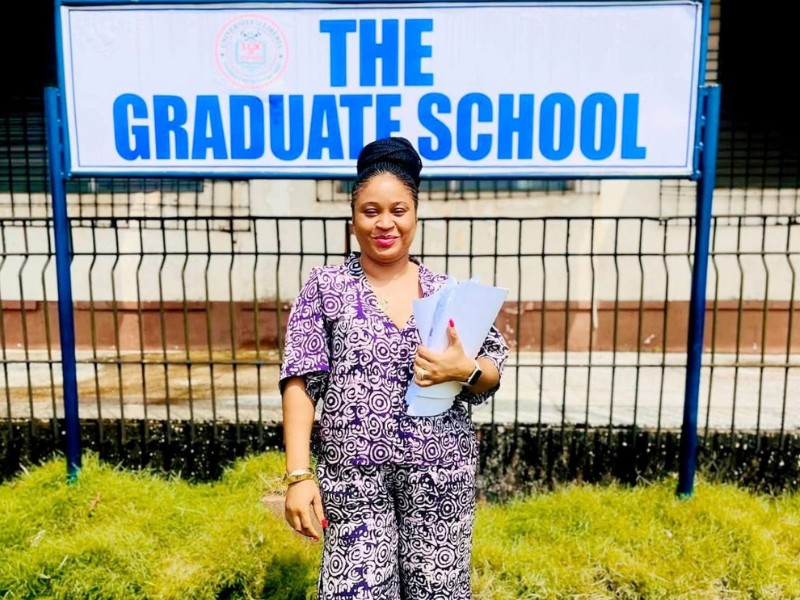
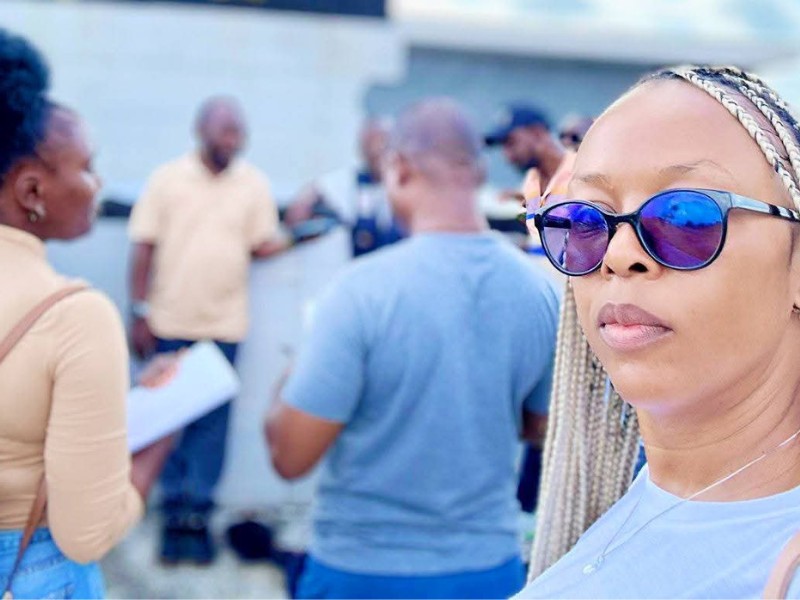
Our mission rests on a foundation of rigorous research, transformative pedagogy, and community-centered service.
IBBSIS seeks to launch innovative graduate programs, including a landmark Ph.D. initiative that tackles pivotal global challenges.
Through an interdisciplinary and experiential learning model, we cultivate critical thinking, intellectual engagement, and cross-cultural understanding.
The Ibrahim Badamasi Babangida School of International Studies (IBBSIS) envisions becoming a leading hub of international academic excellence in West Africa and across the globe. We are committed to nurturing future leaders, policymakers, and global influencers who are well-equipped to shape international affairs, diplomacy, governance, development, and human rights.
Beyond academia, our vision includes real-world policy impact and global influence. We aim to establish specialized research centers that will drive academic discourse, policy innovation, and high-impact publications. By expanding strategic alliances, embracing digital technologies, and enhancing global collaboration, IBBSIS aspires to become synonymous with academic distinction and international engagement.
At IBBSIS, we recognize the transformative power of partnerships and community engagement. We aim to foster meaningful, equitable, and sustainable collaborations with local, national, and international institutions. These alliances strengthen research initiatives, promote experiential learning, and support student and faculty development.
We currently partner with government agencies, diplomatic missions, civil society organizations, and international entities to co-create solutions to contemporary global issues. Through academic exchange, joint research, and collaborative programming, our students gain invaluable exposure to real-world international affairs.
IBBSIS also organizes public lectures, policy discussions, and media engagement activities to foster dialogue on pressing issues in governance, diplomacy, and global development. At the national level, we actively collaborate with think tanks, corporations, and public agencies to incorporate applied knowledge into our curriculum and research.
Our digital engagement strategy prioritizes inclusivity and accessibility, using online platforms to share research, institutional achievements, and academic resources with a broader global audience. This integrated approach ensures our research has both local relevance and international impact.
We seek applicants who are driven by academic excellence and a passion for international affairs. The program runs for two years for full-time students and may extend up to five years for part-time enrollees. Applicants must hold a bachelor’s degree from an accredited institution with a minimum CGPA of 3.0. Those with a CGPA between 2.7 and 2.99 may be granted provisional admission pending performance review after one semester.
In the first academic year, all students complete foundational core courses. The second year enables intensive specialization in the student’s chosen concentration area.
Prospective students are required to submit the following:
Applicants must also pass the University of Liberia’s Graduate Entrance Exam or the General Graduate Record Examination (GGRE). Qualified applicants are reviewed by the IBBSIS Admissions Committee prior to enrollment.
Students lacking a background in the social sciences may be conditionally admitted and required to complete four non-credit prerequisite courses, each with a minimum grade of “B”.
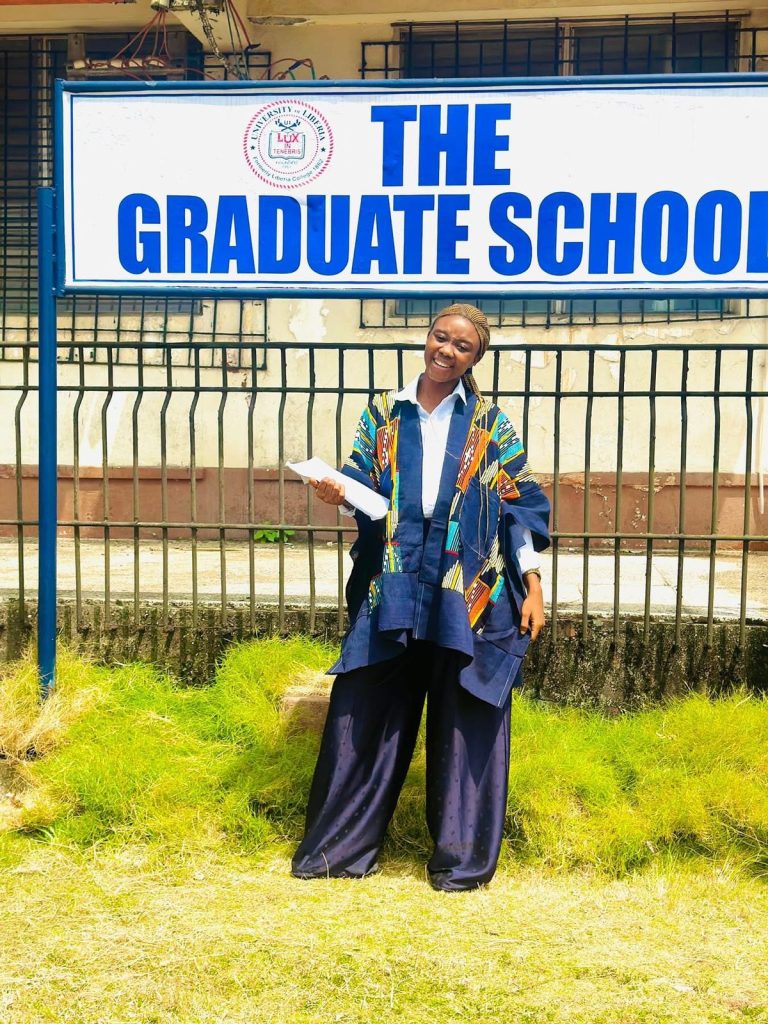
Students must complete at least 46 credit hours to graduate, which includes 6 credit hours dedicated to thesis research. Core compulsory courses make up 15 credit hours, while electives contribute 25 credit hours. A minimum GPA of 3.0 is required, and a grade of “c” and below is considered a failure.
Students may opt for either full-time or part-time enrollment and can adjust their status each semester. Full-time students are expected to take three to four courses per semester, allowing completion in two years. Part-time students should take at least two courses per semester and may complete the program in a maximum of four years.
Courses are scheduled on weekdays from 5:00 PM to 9:00 PM and Saturdays from 10:00 AM to 3:00 PM to accommodate working professionals. Classes are held at the University of Liberia’s Capitol Hill campus, and select courses are available through a hybrid (blended learning) model.
IBBSIS is planning to introduce stackable certificate programs that offer flexible academic options in diplomacy, global development, human rights, and related fields. These certificates will serve both as standalone credentials and as stepping stones to advanced degrees.
Modes of Study:
Adapting to Modern Educational Needs
The program offers two modes of study to cater to diverse learning preferences and logistical needs:
In-person – this traditional mode involves face-to-face instruction in a physical classroom, facilitating direct interaction between lecturers and students.
Hybrid or Blended Learning – this mode combines in-person and online instruction, offering a flexible learning environment. The specific blend of in-person and online activities will be determined by the course lecturer.
click to download the IBBGSIS MA & Ph.D. degree programs catalog.
Our faculty comprises esteemed academics, public servants, diplomats, and international policy experts with decades of experience in teaching, governance, and global affairs. Their research and professional insights shape national and regional policy and enrich student learning.

Assistant Professor & Director
IBBGSIS
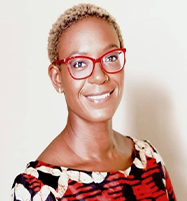
Assistant Professor
IBBGSIS
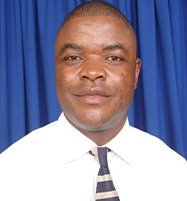
Associate Professor
IBBGSIS
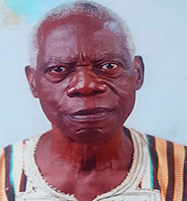
Assistant Professor
IBBGSIS